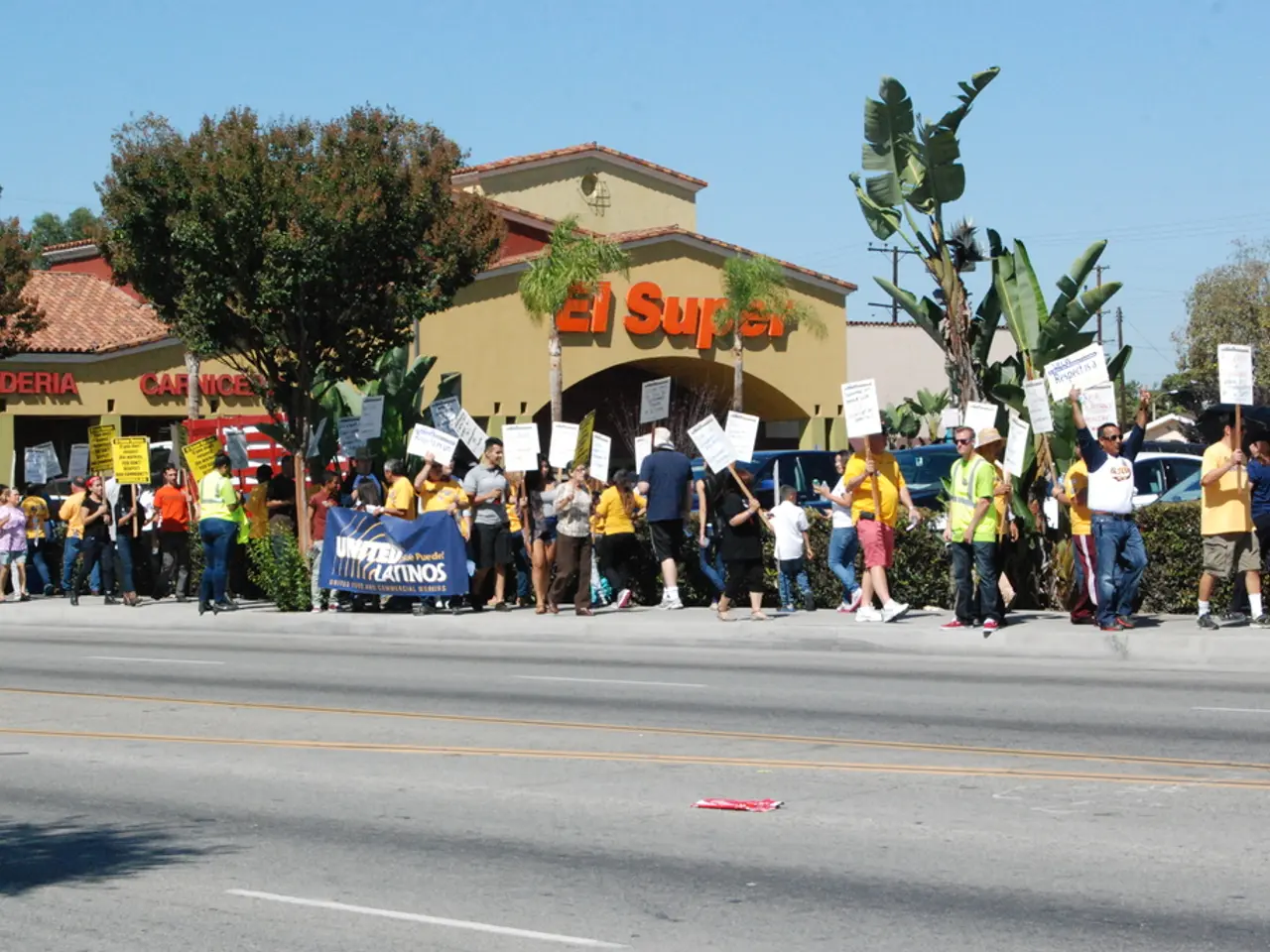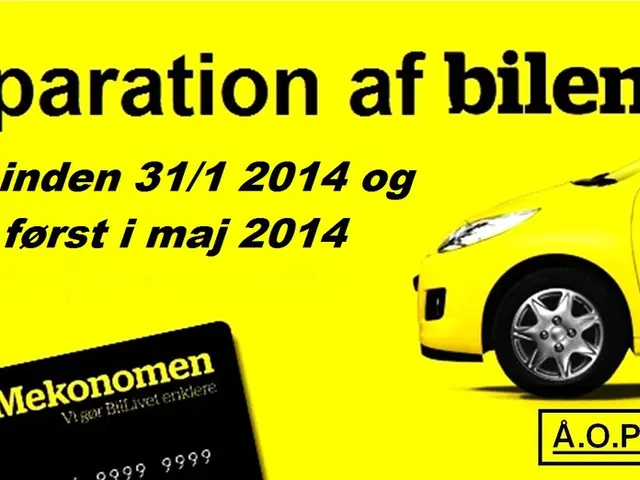Politician Wiese of SPD party eases tension in debate concerning tax hikes - SPD politician Wiese expresses agreement towards tax increments
In the heart of Germany, a significant dispute over tax policy is unfolding within the SPD-Union coalition, with Finance Minister Lars Klingbeil's proposals for tax hikes on high earners and the wealthy causing a stir. The crux of the matter is addressing budget shortfalls and funding social spending.
SPD politician Dirk Wiese, who is deeply involved in the current tax and budget debate, believes that the coalition partners can pursue different approaches in the tax debate. Wiese, along with other SPD members, argues that fairness requires the wealthy to contribute more, as current taxation disproportionately benefits the rich and places a higher relative burden on ordinary workers.
The SPD's position is clear: tax increases on the wealthy would enable funding for tax relief measures benefiting middle and low-income earners and support social programs such as the Bürgergeld (citizen's stipend), helping vulnerable groups. However, Union (CDU/CSU) politicians strongly oppose any tax increases, emphasizing adherence to the coalition agreement that prioritizes tax cuts and fiscal discipline.
Chancellor Friedrich Merz, a CDU leader, has rejected SPD proposals, instead focusing on tax relief for medium-sized businesses and reducing corporate tax to stimulate growth. This stance has created tension within the coalition, complicating budget negotiations to address Germany’s growing fiscal challenges, including a sizeable budget gap and increasing social expenditure.
The ongoing anger within Dirk Wiese's faction over the Union’s refusal to elect an SPD-proposed candidate for the Federal Constitutional Court adds to the strain. Wiese, along with other SPD members, expresses the need to return to a productive working mode within the coalition.
On June 27th, Dirk Wiese will attend a crucial meeting with Union and SPD parliamentary group leaders in Würzburg, where the government's further plans are intended to be decided. Wiese intends to discuss the coalition's working methods during this meeting.
The future of tax policy in Germany remains uncertain, with the SPD pushing for targeted tax increases to fund social spending and the Union adamant about maintaining the coalition agreement's status quo. Final decisions are pending further negotiations, and the impact on middle and low-income earners will be indirect, with the SPD aiming to help them through tax relief funded by taxing the rich, while the Union fears that tax hikes may hurt economic growth, potentially affecting jobs and the broader economy.
Read also:
- United States tariffs pose a threat to India, necessitating the recruitment of adept negotiators or strategists, similar to those who had influenced Trump's decisions.
- Weekly happenings in the German Federal Parliament (Bundestag)
- Southwest region's most popular posts, accompanied by an inquiry:
- Discussion between Putin and Trump in Alaska could potentially overshadow Ukraine's concerns








